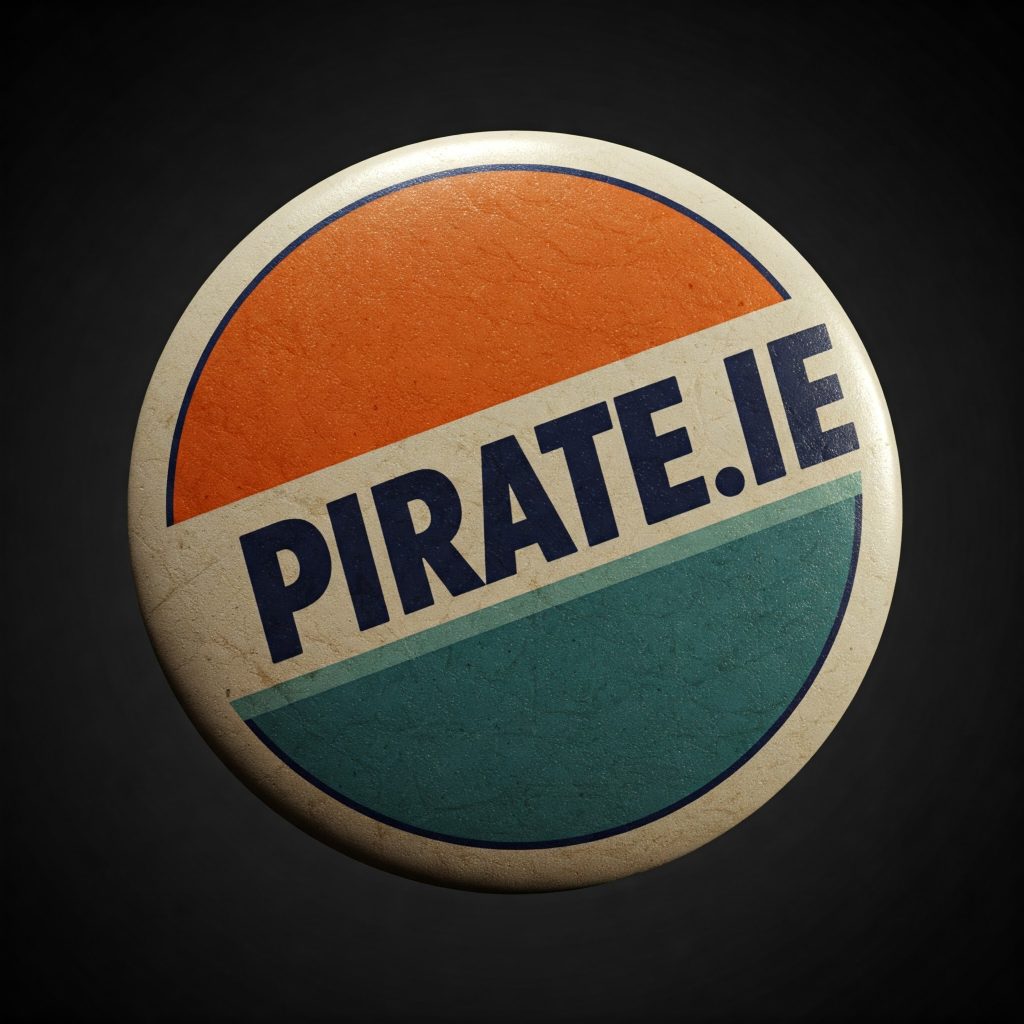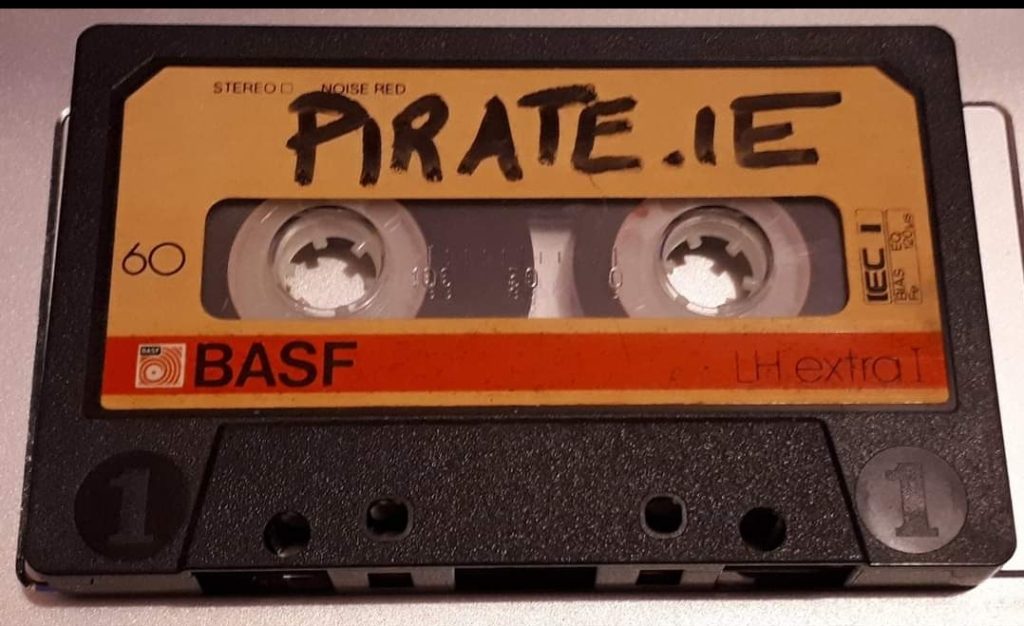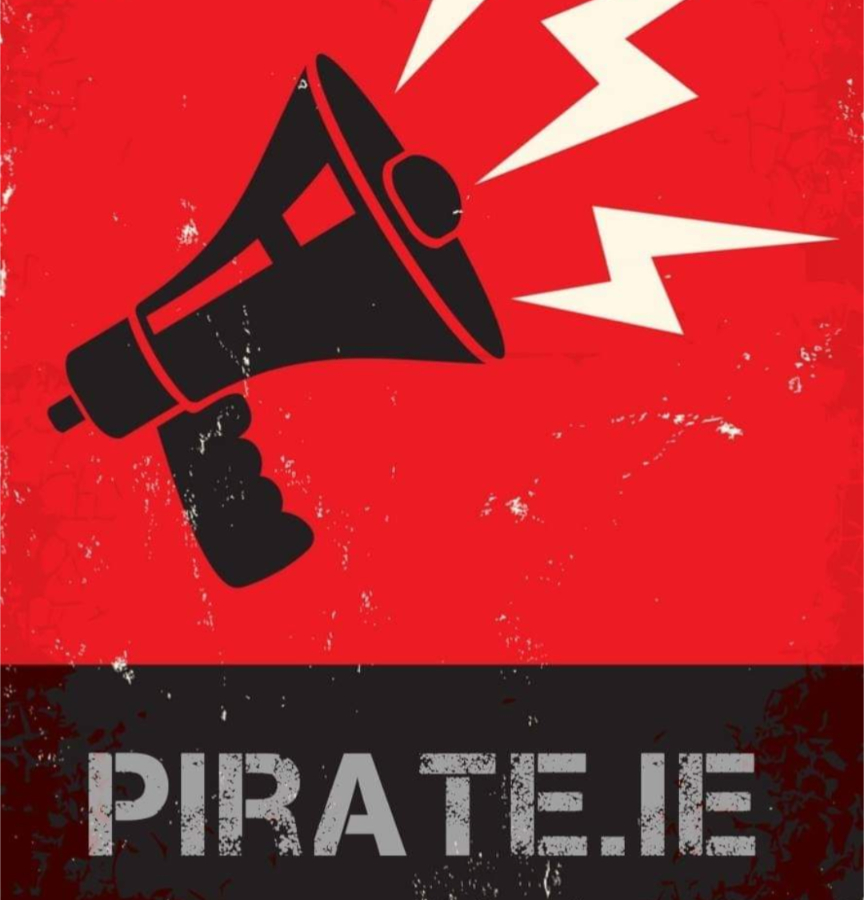Podcast: Play in new window | Download

Cara 95 FM was a temporary name for Dublin’s love song station launched as Heartbeat in November 1986. The change was short-lived however, and the station reverted to the original Heartbeat name after a few months.
This recording of the afternoon programme was made in the autumn of 1987 and features John Keogh with the usual mixture of love songs, requests and the Mystery Movie competition to win 95 movie tickets. John reads news headlines also and there are adverts for businesses around Dublin.
The tape is from the Anoraks Ireland Collection and was made from 95.5 FM on Thursday 1st October 1987 from 1300-1433.





